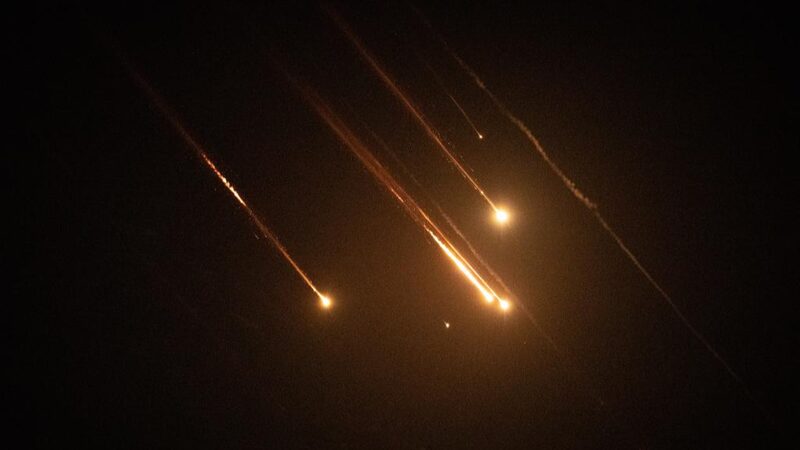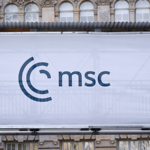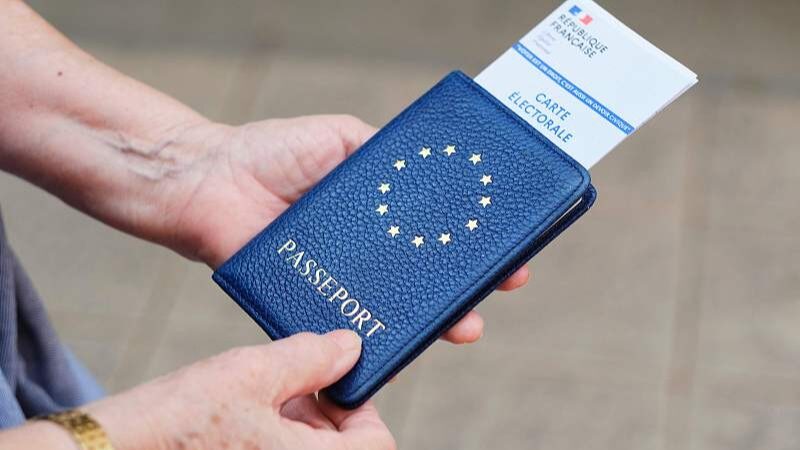The 61st Munich Security Conference kicked off with high-stakes debates on global power shifts, Ukraine’s future, and the role of major players like China and the U.S. 🔥 Chinese Foreign Minister Wang Yi emphasized Beijing’s commitment to multipolar cooperation during a keynote address, while U.S. and European leaders clashed over strategies to address Russia’s involvement in Ukraine.
Multipolar World: Hype or Reality?
This year’s conference theme, ‘multipolarization,’ sparked fiery discussions. A conference document labeled China a ‘rising superpower’ but also warned of rivalry with Western nations. Meanwhile, Wang Yi pushed back, advocating for ‘win-win diplomacy’ over zero-sum games. 🌐 ‘No one gains from a fractured world,’ he stated, urging collaboration on climate and tech challenges.
Trump-Putin Talks Shake Up Europe
U.S. President Trump’s surprise call to Russian leader Vladimir Putin ahead of the event left European delegates split 🤯. While some hope for a Ukraine peace deal, others fear reduced Western leverage. Ukrainian President Zelenskyy, attending the conference, scrambled to secure U.S. military aid by offering rare earth mineral access — a move seen as desperate amid waning support.
China’s Balancing Act
As U.S.-China trade tensions simmer, Wang hinted Beijing could mediate Russia-Ukraine talks if asked. ‘China’s ready to play peacemaker,’ analysts noted, pointing to its neutral stance. But with Trump’s new tariffs and tech bans, the superpower chess match 🏁 remains volatile.
As the conference wraps, one thing’s clear: 2024’s global order will hinge on whether rival giants can find common ground — or risk deeper fractures. 🌏✨
Reference(s):
cgtn.com



